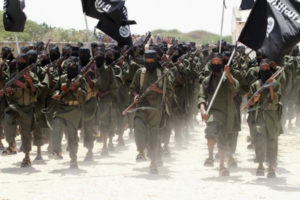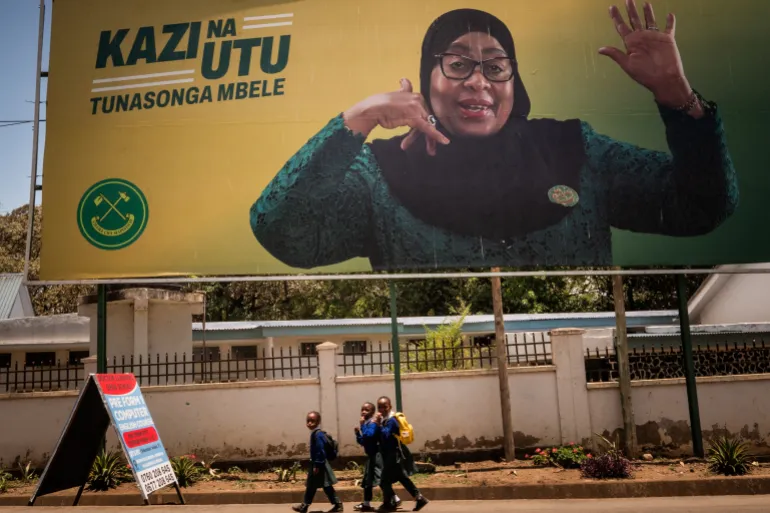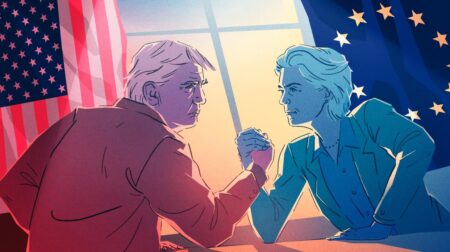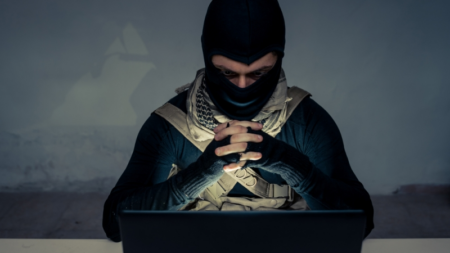Presidential and parliamentary polls have opened in Tanzania, where more than 37 million registered voters are casting ballots from 7 a.m. to 4 p.m. local time amid mounting concerns over fairness and political freedoms.
Tanzania elections take place under the leadership of President Samia Suluhu Hassan, whose governing party, Chama Cha Mapinduzi (CCM), has dominated national politics since independence.
Key Opponents Barred from Tanzania Elections
The electoral terrain is unusual: major opposition parties have been disqualified or effectively sidelined. The main opposition party, Chama cha Demokrasia na Maendeleo (CHADEMA), was disqualified for refusing to sign a required code of conduct.
Its leader, Tundu Lissu, is on trial for treason.
Meanwhile the second-largest opposition party, ACT‑Wazalendo, saw its candidate barred from running following legal objections.
The result: President Samia faces only minor-party challengers.
Internet Shutdown and Information Controls
As voting began, users across Tanzania reported nationwide internet disruptions.
Monitoring group NetBlocks confirmed the outage, describing it as a nationwide disruption to internet connectivity.
This digital blackout compounds existing concerns about media freedom and information access.
Over the past year the Tanzanian government has blocked social-media platforms such as X (formerly Twitter), Clubhouse and Telegram, and suspended the online operations of forums essential for civic debate and transparency.
Human Rights and Opposition Repression
Rights-watchers warn that Tanzania elections are held in a climate of fear.
Amnesty International describes a wave of enforced disappearances, arbitrary arrests, extrajudicial killings, and suppression of civic space.
Human Rights Watch warns that Tanzania’s electoral commission is not independent and that opposition and media voices remain heavily controlled.
These factors raise serious questions about the legitimacy and openness of Tanzania elections process.

The Stakes for Tanzania’s Democracy
For many Tanzanians the vote—scheduled for October 29, 2025—is not just about who holds power, but about the integrity of the process itself.
With the ruling party firmly in place, observers caution that Tanzania elections risk becoming a formal exercise rather than a genuine contest.
The arrest and exclusion of key opposition figures undermine the prospect of meaningful political choice. Meanwhile, the digital blackout restricts transparency and public oversight at a crucial moment.
A Call for Credible Processes and International Oversight
Observers and civil-society actors have called on the government to ensure unfettered internet and information access, restore full opposition participation, and safeguard the independence of electoral institutions.
Without such reforms, Tanzania faces not only domestic credibility risks, but also erosion of its international standing as a stable, democratic member of the East African community.
Sources:








